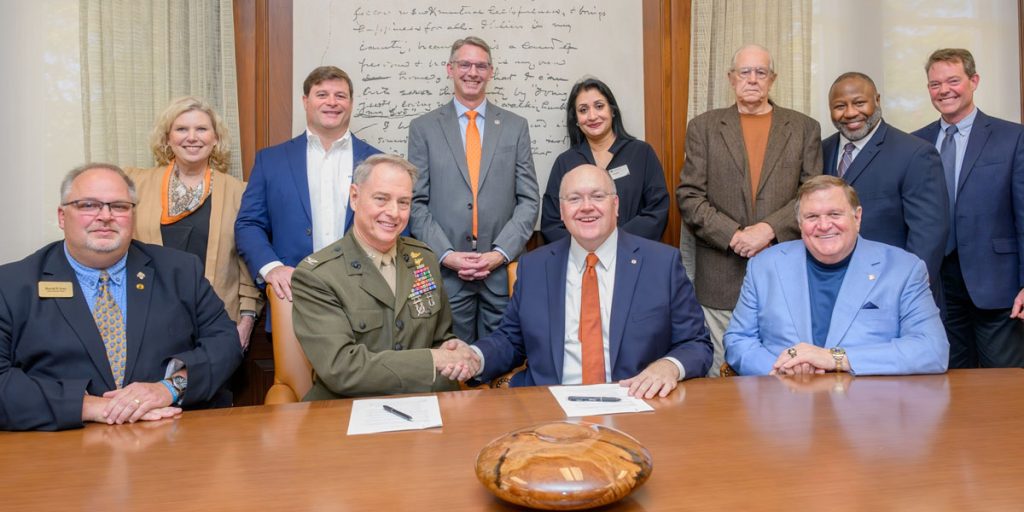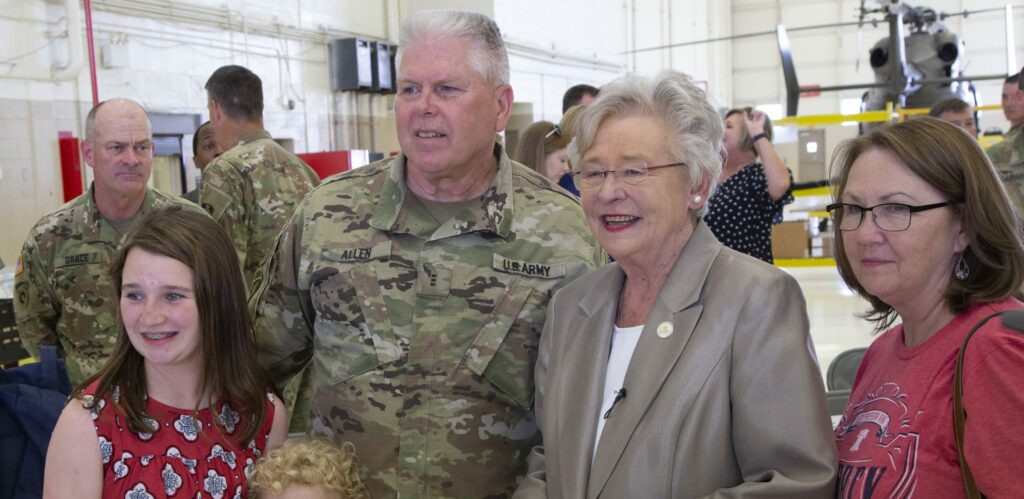Philip Morris International (PMI) U.S. has unveiled a new report, “On the Home Front: Addressing the Needs of U.S. Military Spouses,” which highlights the often-overlooked challenges faced by military spouses and partners.
“Military spouses are the backbone of their families, providing unwavering support to service members and veterans, often at a significant personal cost. Too many of these home-front heroes face barriers that make their lives more challenging than they should be,” said J.B. Simko, chief corporate responsibility officer at PMI U.S.
Military spouses are often the unsung heroes behind every uniformed service member, yet their struggles are frequently overlooked.
The report reveals that these partners are the anchors of military families, managing frequent relocations, long separations, and often putting their careers on hold.
According to the findings, the burden on military spouses is significant. With high unemployment rates at 21 percent, five times the national average, and lower wages, military spouses are economically disadvantaged.
Many also face underemployment, earning 25 percent less than peers with similar qualifications.
For those transitioning out of military service, the struggles continue. Veteran spouses provide essential support, helping their partners navigate post-service challenges like PTSD, injuries, and other long-term effects of military life.
These difficulties place both emotional and financial stress on the entire family.
PMI U.S. is not only raising awareness but is taking active steps to provide support. The company has partnered with organizations like the Elizabeth Dole Foundation and the Veterans Spouse Network, contributing over $3 million in 2024 to fund research and support nonprofits dedicated to helping military spouses.
PMI is also offering a roadmap for policymakers, employers, and communities to better support these families. Starting in 2025, PMI plans to hire active-duty and veteran spouses in select roles at U.S. military bases, offering flexible, family-friendly employment opportunities.
“We listened to the voices of military families and advocacy organizations to understand how employers, policymakers, and other organizations can step up,” added Simko.
“PMI U.S. donates to our community partners who offer career services like job networking and coaching to extend their reach. We will continue to evolve our support model as the needs of military families change.”
Another significant issue highlighted in the report is the elevated smoking rates among military spouses and veterans, with 15 to 17 percent of military spouses smoking—above the national average.
In response, PMI continues its mission to create a smoke-free future by offering reduced-risk alternatives to help reduce smoking in the military community.
By spotlighting the vital role military spouses play, PMI U.S. hopes to spark meaningful change in how these families are supported.













